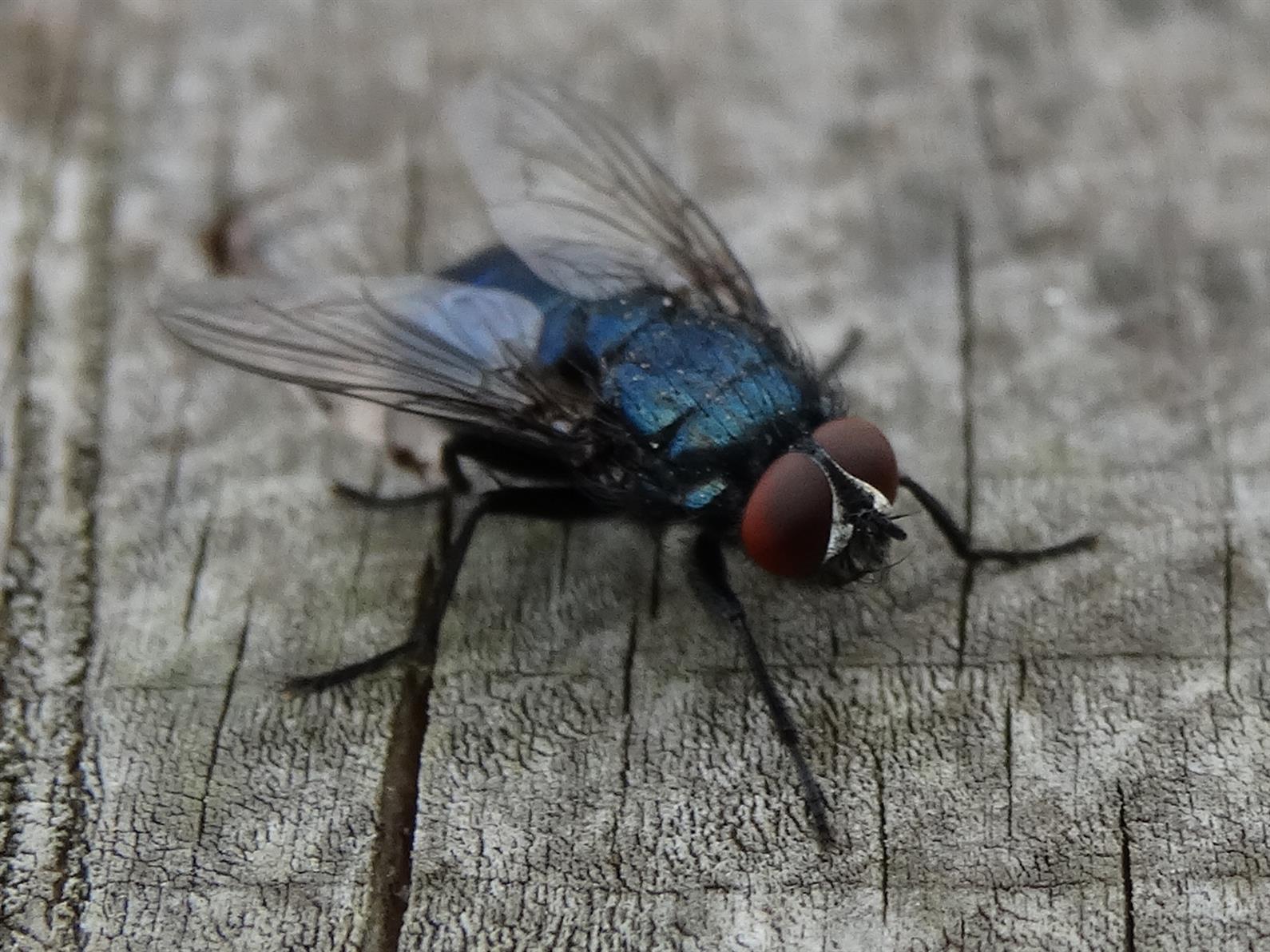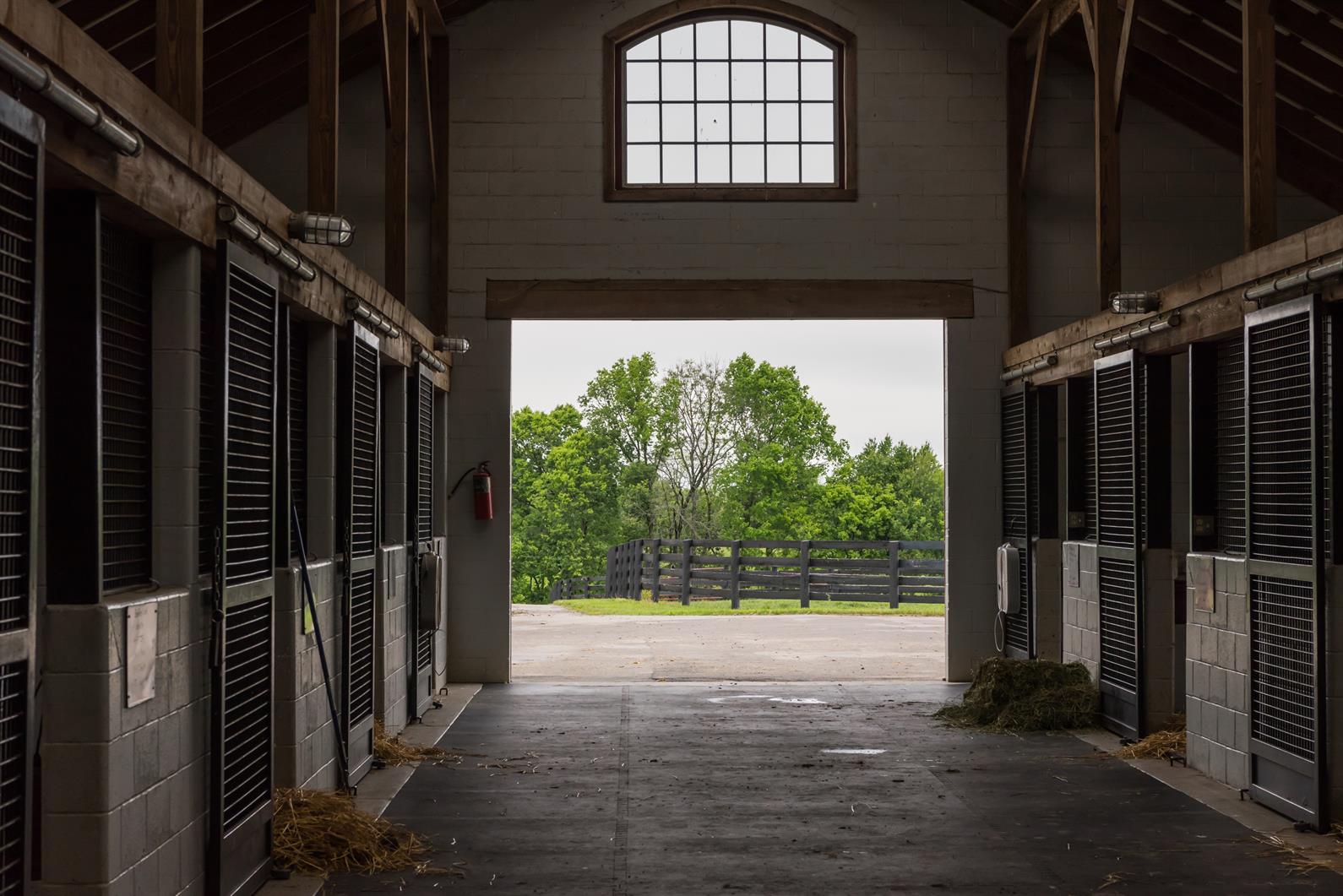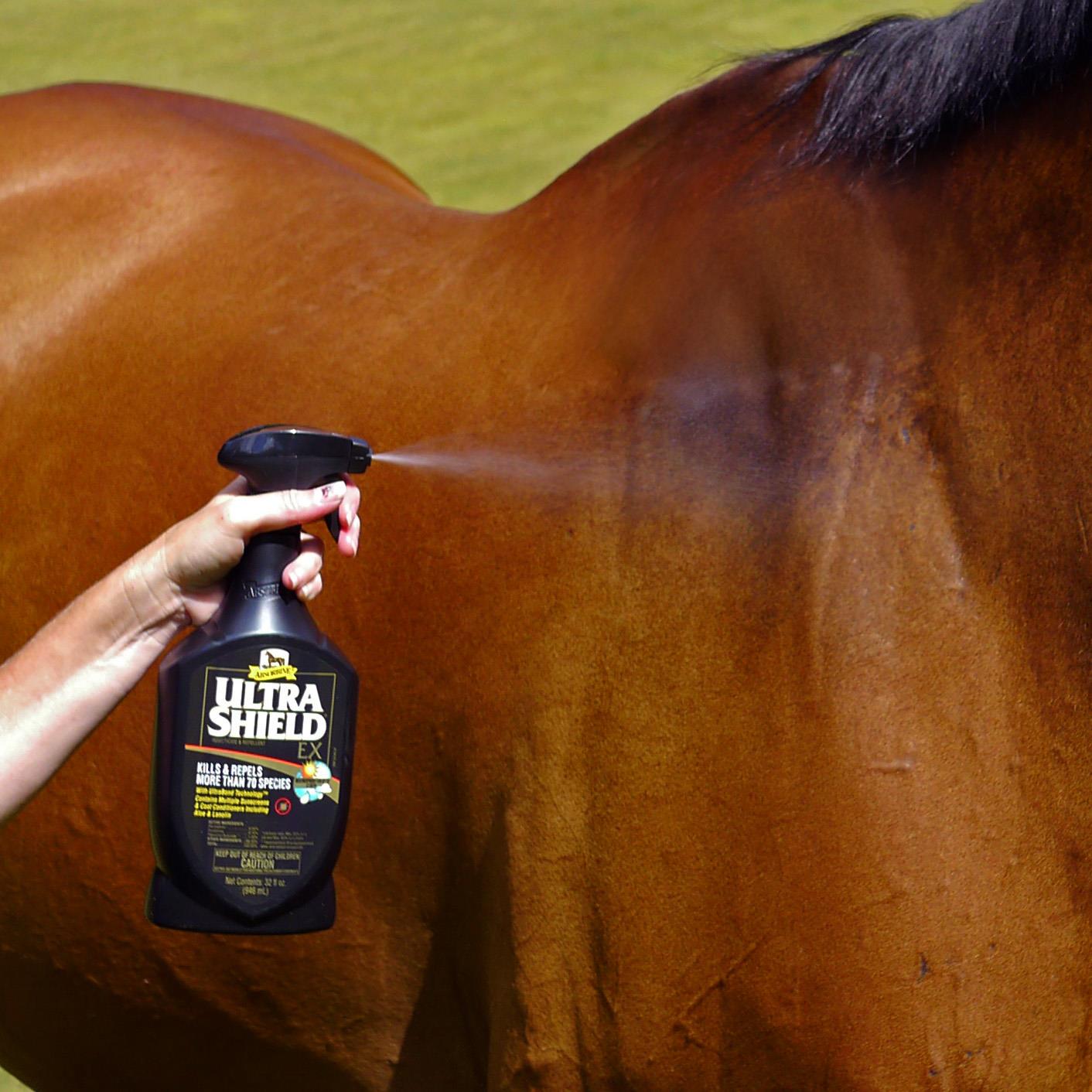Are flies driving you and your horse to distraction? Luckily, keeping the fly population down in the barn and off your horse is relatively simple.

Photo: © mark kelly/EyeEm/stock.adobe.com
It’s important to control flies. According to Absorbine, the makers of UltraShield EX® fly spray, biting flies drink four cups of horse blood every 10 days. And flies and other pests like mosquitoes and gnats aren’t only nuisances; they also can carry harmful diseases, like West Nile Virus, Eastern equine encephalitis, and Western equine encephalitis.
“In 2019, 90 cases of West Nile virus were reported in horses in 25 different states, while Eastern equine encephalitis in horses totaled 184 in 24 states,” Absorbine advised in its blog recently. “The best defense against diseases transmitted by common pests is to consult with a veterinarian for a geographically appropriate vaccination program. But measures can also be taken to help reduce the threat by reducing the number of pests in and around the barn.”
The two most common species on a barn are house flies (which don’t bite but can spread disease) and stable flies (which do bite), says Dr. Jonathan Larson, extension entomologist at the University of Kentucky.
“Both are pesty, but for different reasons,” Larson explained. “House flies can carry pathogens; they crawl around in yucky things, pick up pathogens on their body, and can drag those along a horse or on food—they can also do that to human beings. Stable flies, on the other hand, are biting pests. They have a really nasty mouth part that can poke through the skin and draw blood, which is annoying. You can see your horse react to that, and I react pretty poorly too when I get bitten around my ankles.”
Both species reproduce in large numbers, and they’re quick to become mature pests. House flies reach maturity in seven to 14 days, while stable flies take 21-25 days to become adults. So quick, early action will help you get on top of a potential fly problem.
“Insecticides do help, but you really want that integrated, holistic approach,” Larson emphasized.
Keeping Flies Out
Start by getting rid of fly breeding grounds, Larson advised. “Anywhere that the female can lay her eggs, if you can eliminate that, you’re cutting the problem off at the root,” he said. “That will help your animals have a happier summer.”
Step 1: Keep those stalls clean
“Both house flies and stable flies prefer a moist area to lay their eggs in,” Larson said. “They like manure or a mixture of manure and straw. Horse manure generally is a little dry for these species, but if gets wet—if it’s getting rained on or there’s a leak or if the horse is urinating on it—that will introduce the possibility that flies will use that.
“Make sure you have a nice, tidy cleaning schedule so manure and damp bedding or hay are getting removed,” he said.

Photo: © kellyvandellen/stock.adobe.com
Step 2: Don’t dump soiled bedding near the barn
Don’t just pile damp materials in a corner or in a muck pile near the barn; that only relocates the problem (and muck piles also can sometimes catch fire). Spreading manure is a safer bet, and it can help your pastures.
“Wheelbarrow soiled bedding right out of the barn or wherever the horses are and dispose of it elsewhere, far from your animals,” Larson said. “Keep any piles of manure away from the doors of the barn, so that when flies emerge from there they don’t have easy access to the barn where the animals are.”
Step 3: Clear up damp areas regularly
“Focus on maintaining good drainage to eliminate any puddles or standing water,” Larson said. “Eliminate wet materials around any water troughs or tanks you have. Clean that up every three or four days to cut that life cycle for the flies. If you see manure near a trough that is dry, you don’t have to worry about it as much, but once it starts getting wet, flies will take advantage of it.”
Step 4: Use screens and/or fans
“A tight screen on windows can help keep flies out of the barn,” Larson said. But make sure there aren’t any gaps or holes in the screen. “Anywhere that a fly can get in, it will, and a fly can squish itself down pretty small. If the screen gets damaged, you’ll want to replace it in a pretty timely fashion.
“If you have a fan that you can point down and out so that it will blow flies as they try to fly in, that can also help,” he added. “You can monitor for flies that have invaded by using those sticky traps and fly paper that you place or hang in the barn. That can tell you if a problem is starting to get out of hand.”
Preventing Mosquitoes
“Mosquitoes have a slightly different way of developing, versus stable and house flies,” Larson said. “They are fully aquatic as larvae. They’re down in the water, feeding and breathing. They have snorkels on their rear ends, which is a pretty interesting way to go through life. So if you have outside water sources—a bird bath or buckets or even old tires or things in a junk pile that can accumulate water—eliminate that water on a weekly basis. Dump it out, tip it over, scoop it out, and you’ll cut that mosquito’s life cycle in half. You’ll get rid of the larvae and you’ll see fewer adults.

Photo: Absorbine
“If it’s standing water that you need to have around, like a pond or a stream or a lake, or if you have a swampy area, you can treat that with a mosquito dunk,” he added. “That’s a BT (bacillus thuringiensis) organic product, and it will kill the larvae that are in there, so you’ll see fewer adults.”
Using Sprays
Brad Barkemeyer of Barkemeyer Performance Horses in Scottsdale, Ariz., uses a number of at-home remedies to combat pesky (and disease-carrying) flies. His recommendations include
- To help protect the entire property, use a permethrin-based premises spray. When using a hand-held sprayer to treat areas outside the barn, be sure to avoid bee and aquatic habitats.
- Spray the stall walls and around feeders to discourage flies from gathering. Be sure to sweep up any spilled grain, supplements, or treats.
- Apply a light spray to brushes prior to grooming. This will result in consistent, full coverage. An added bonus is a polished, clean hair coat.
- Consider providing additional protection with fly masks and fly sheets.
Barkemeyer also suggests choosing fly spray carefully. “Not all fly sprays have the same ingredients and some are more appropriate for specific situations,” he noted. “I like using UltraShield EX® from Absorbine® for effective protection from flies and other insects whether at home, on the road or at competitions.”
Larson also recommends moving away from broad-spectrum treatments like organophosphates or organochlorine and focusing on targeted applications like hand-held permethrin spray you can apply directly to your horse or on areas where pests might congregate or to use baits that attract, collect, and kill flies.


